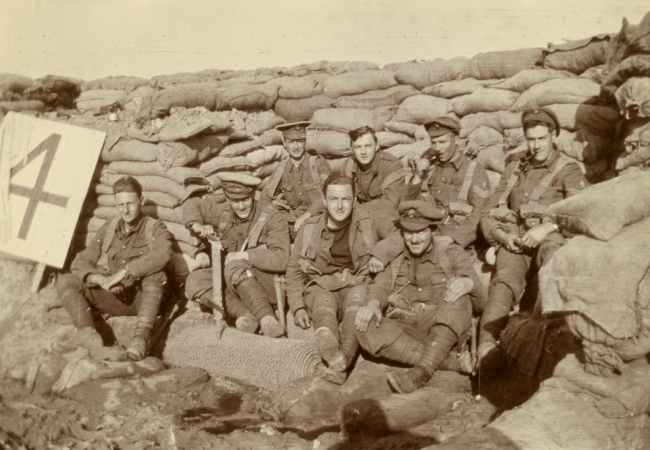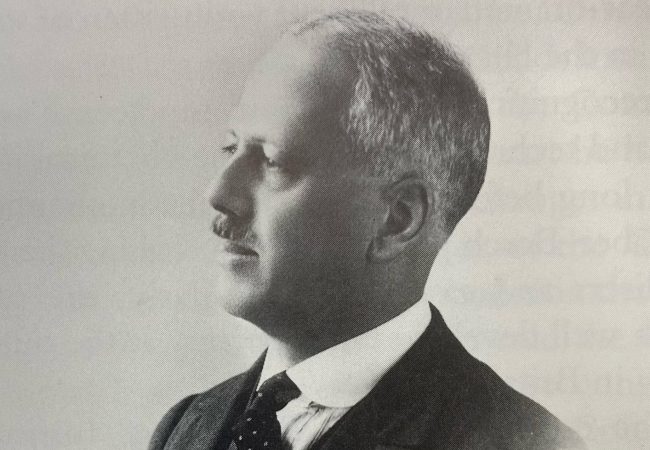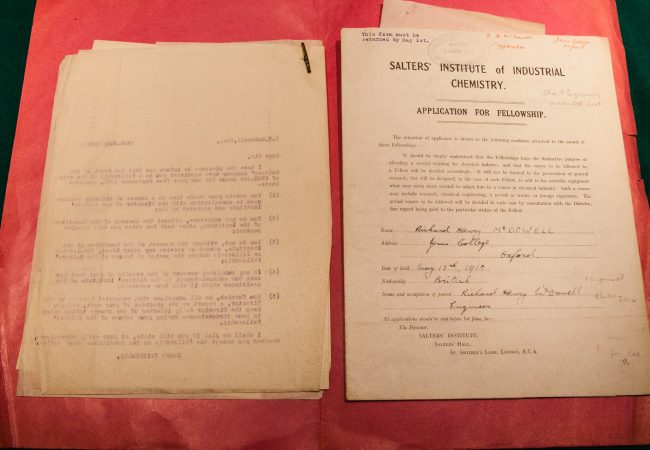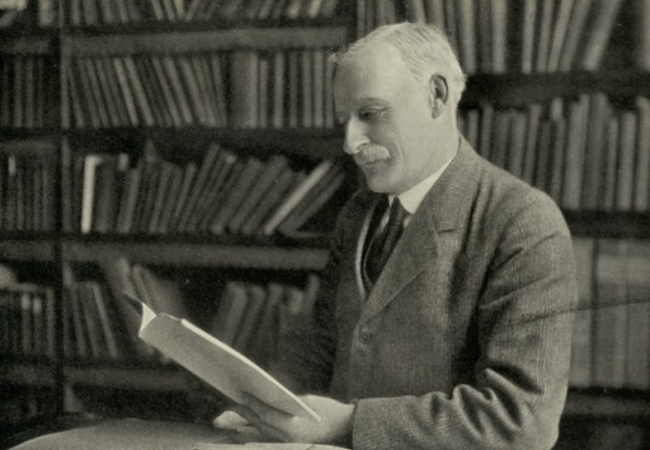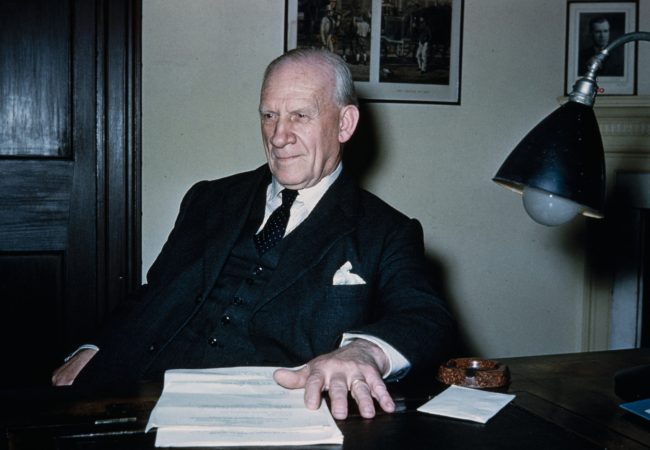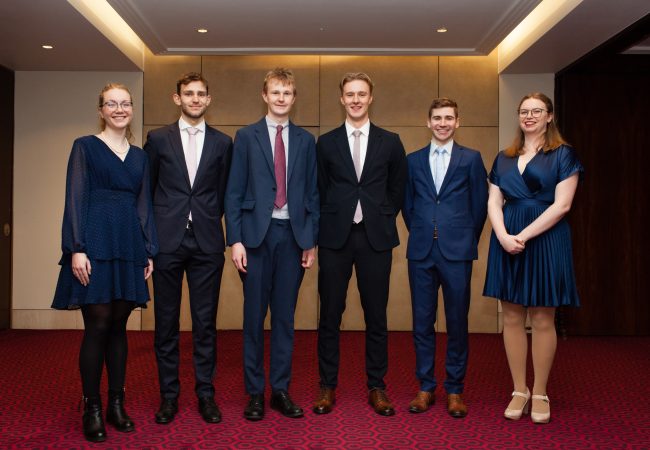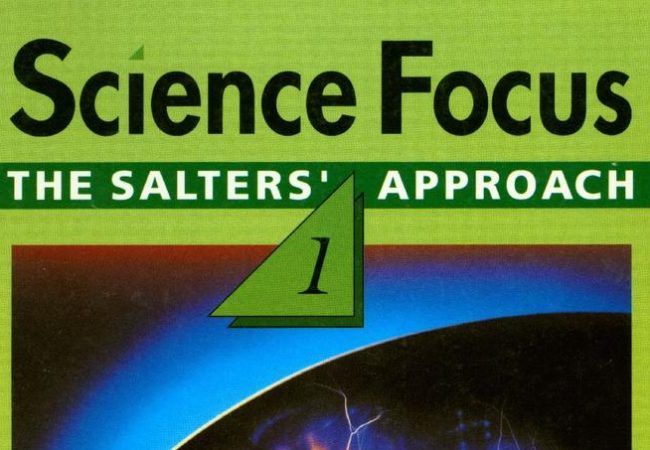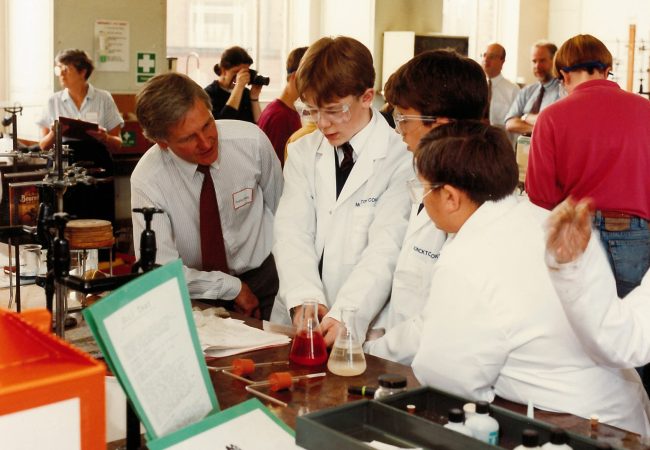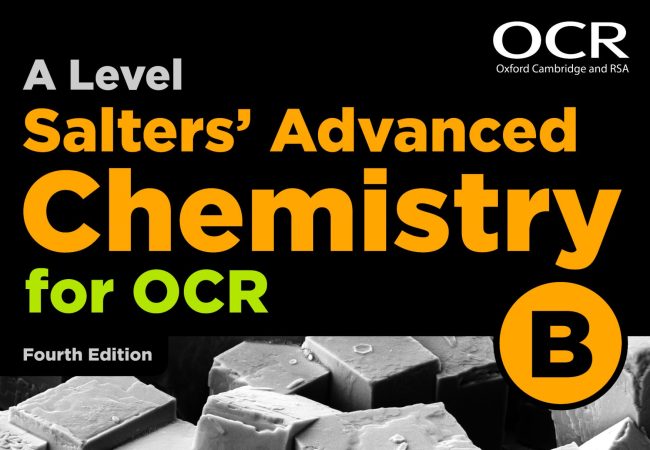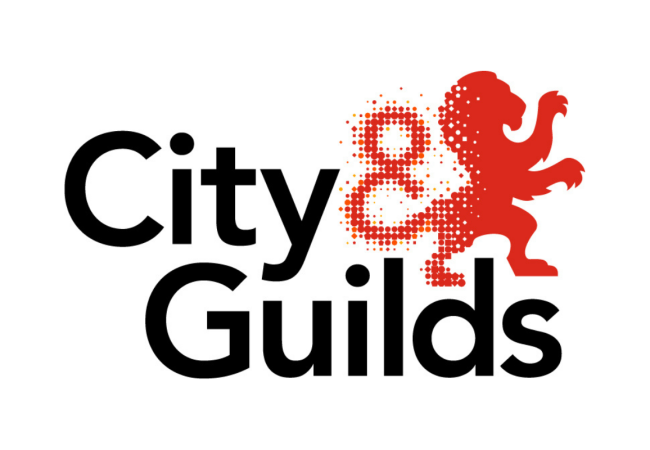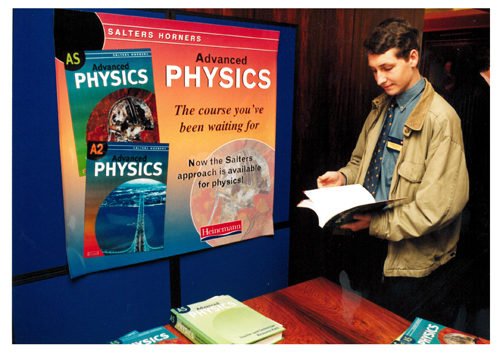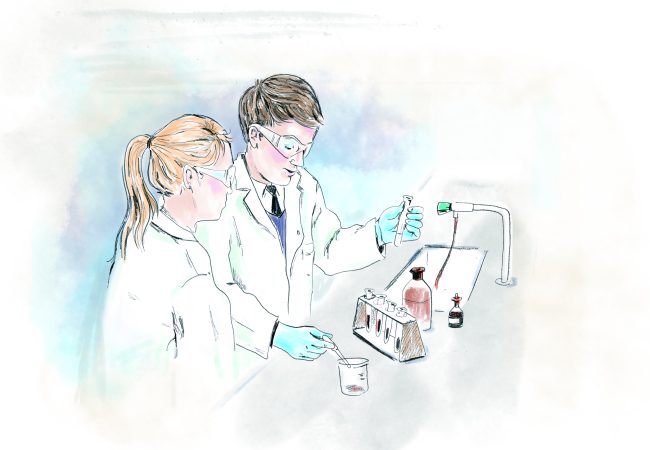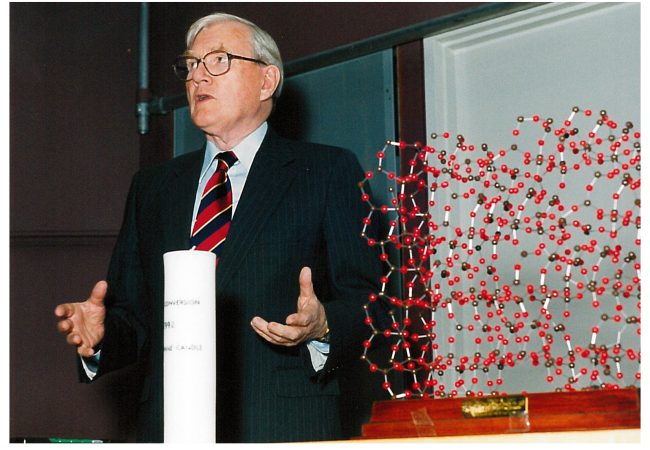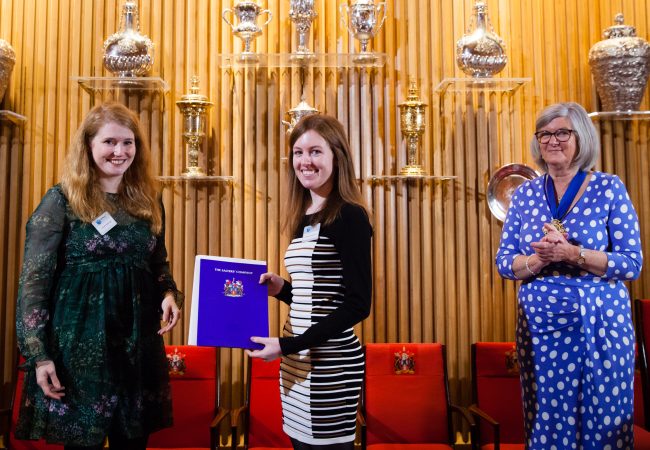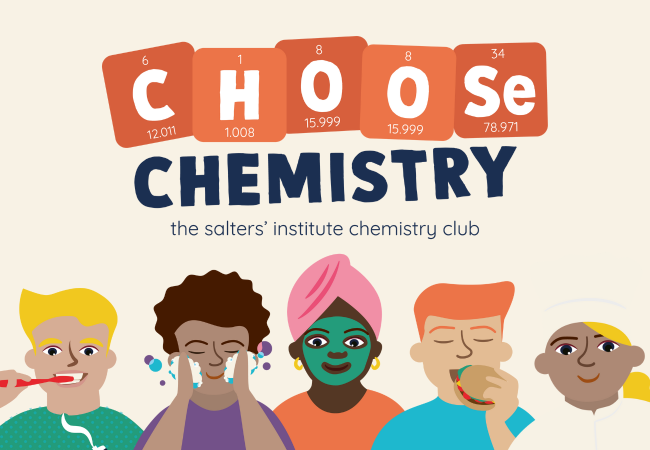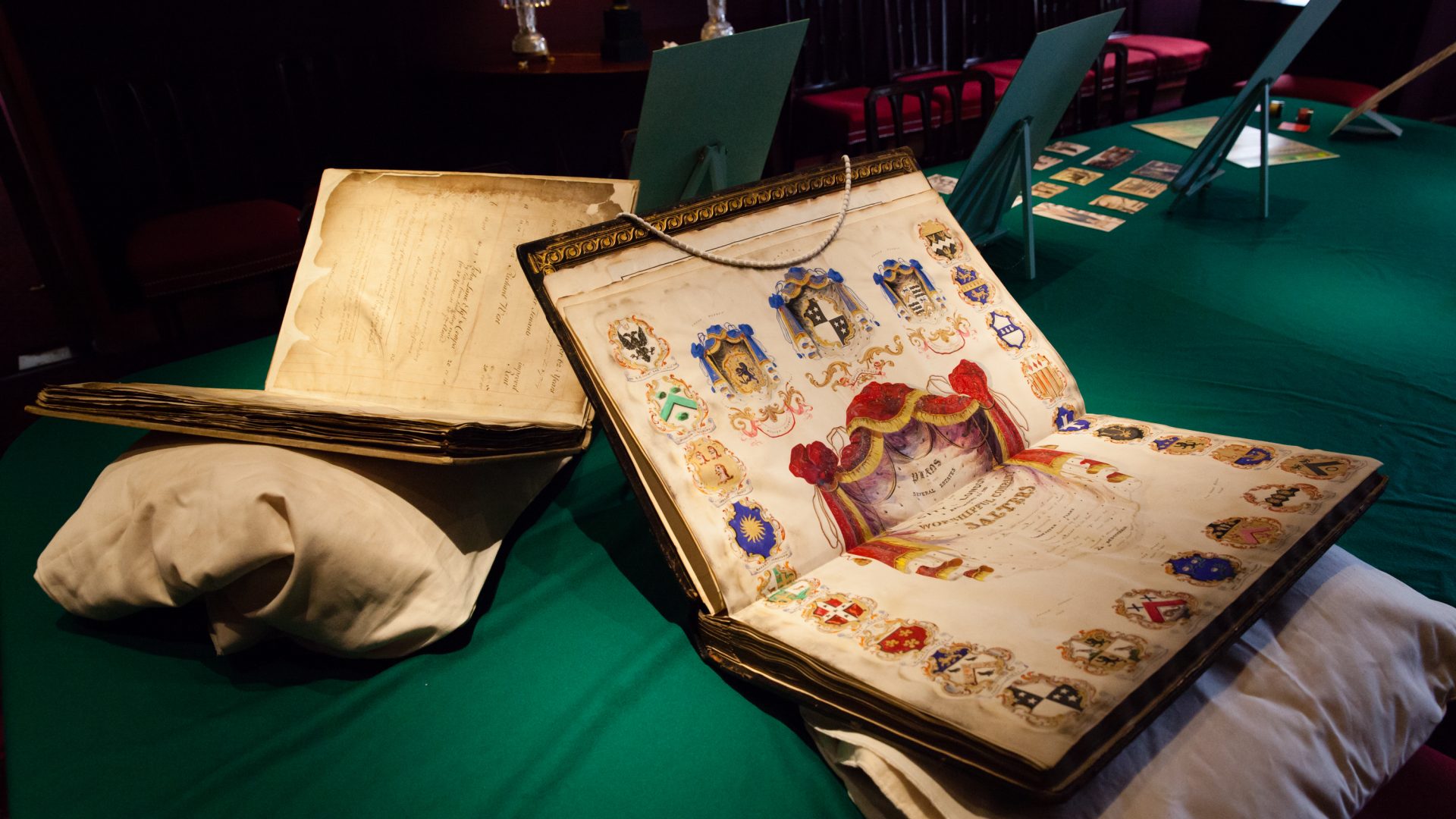Curriculum Projects
Twenty First Century Science GSCE Courses
Twenty First Century Science is an innovative range of GCSE science courses studied by students aged 14-16. The course has been available across the UK since 2006 and was developed collaboratively between the Salters’ Institute, the University of York, the Nuffield Foundation and the Wellcome Trust.
The course aims to develop scientific literacy for all students. It explains key concepts and develops subject knowledge to enable students to better engage with scientific debate. It also gives a solid foundation for future study in science.
Salters’ A Level Curricula
A Levels are a programme of study that cover the last two years of secondary education, (aged 16-18) in England, Wales and Northern Ireland.
Salters’ Advanced Chemistry
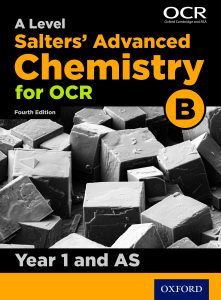 Central to the Salters’ course is the philosophy that chemistry takes place in the world around us. This is a context-led programme that was first examined in 1991.
Central to the Salters’ course is the philosophy that chemistry takes place in the world around us. This is a context-led programme that was first examined in 1991.
Students are introduced to the content through Chemical Ideas and Storylines. The Chemical Storylines cover a wide range of contexts. The current student resources integrate the Storylines and Ideas into one book for AS and either one or two books for the two years of the A level course. The Chemical Ideas are integrated, which means that the same concept can be revisited and developed through a number of different Chemical Storylines. The course has been designed so that students’ understanding of chemical concepts develops gradually, giving them the chance to consolidate their learning before moving on to more advanced knowledge.
Salters-Nuffield Advanced Biology
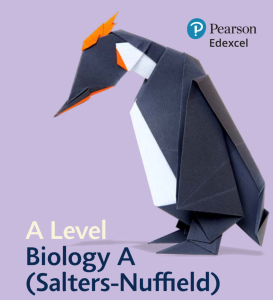 The Salters-Nuffield Advanced Biology (SNAB) course offers an innovative approach to the teaching and learning of biology through real-life contexts.
The Salters-Nuffield Advanced Biology (SNAB) course offers an innovative approach to the teaching and learning of biology through real-life contexts.
The course is supported by a comprehensive set of teaching, learning and support materials which embrace a student-centred approach with an emphasis on active learning through a wide range of activities. Topics covered in the course each start with a context storyline or contemporary issue that is related to the modern world and the application of biology. Edexcel examines SNAB as the context-led approach within the Edexcel GCE Biology specification.
Salters Horners Advanced Physics
 The Salters Horners Advanced Physics (SHAP) course was developed in 1996, in collaboration with the Horners’ Company. It is a context-led course which emphasises the teaching of physics through real life situations. There are eleven context areas in total.
The Salters Horners Advanced Physics (SHAP) course was developed in 1996, in collaboration with the Horners’ Company. It is a context-led course which emphasises the teaching of physics through real life situations. There are eleven context areas in total.
Topics covered in the course start with either a storyline or contemporary issue that is related to the modern world and the application of physics. Physics principles are introduced to help understanding and contextualise theory within the storyline. Edexcel examines SHAP as the context-led approach within the Edexcel GCE Physics specification. Since 2008, Edexcel has operated a single assessment scheme for SHAP students and for students following other routes to AS and A level Physics.

